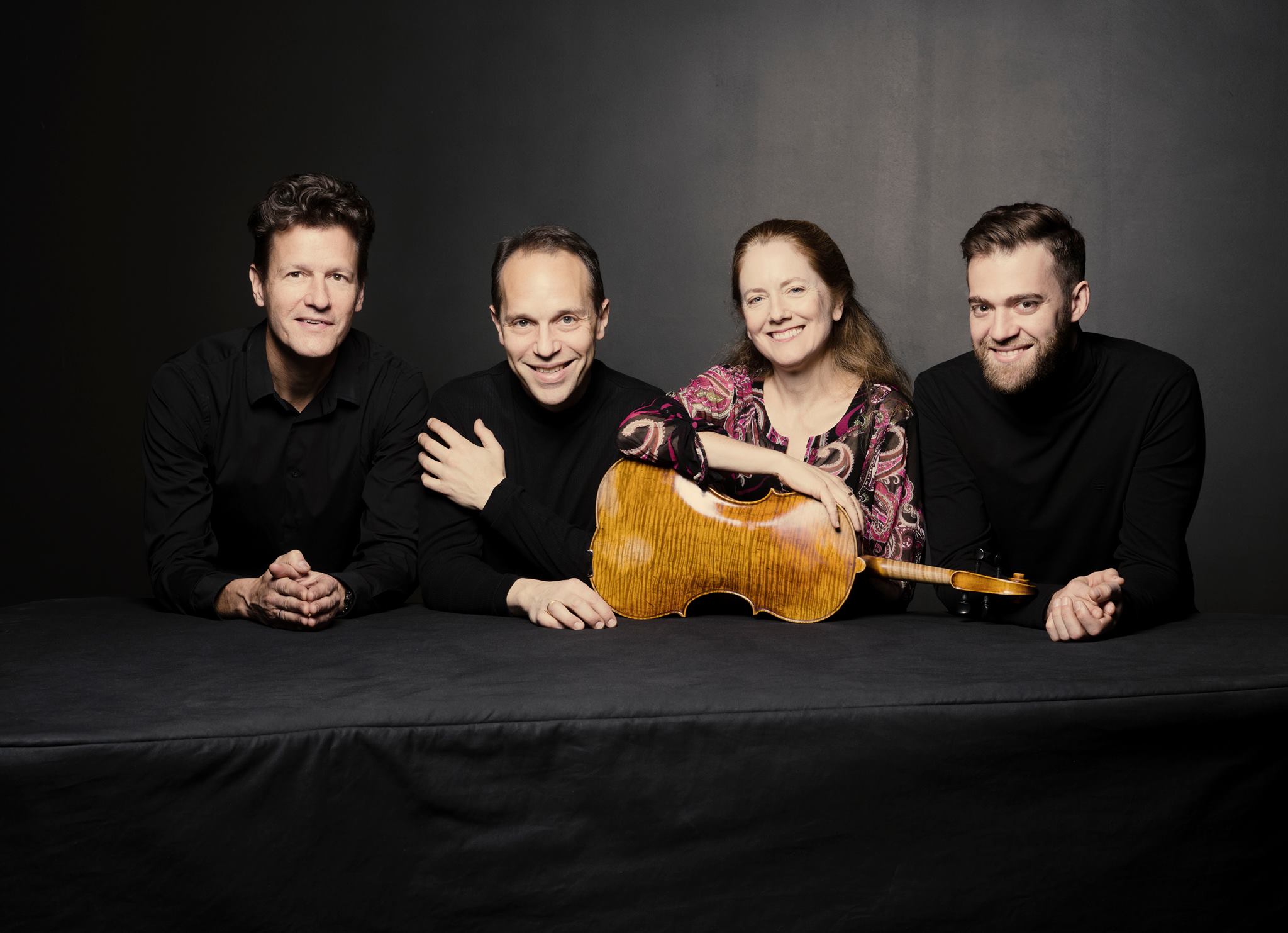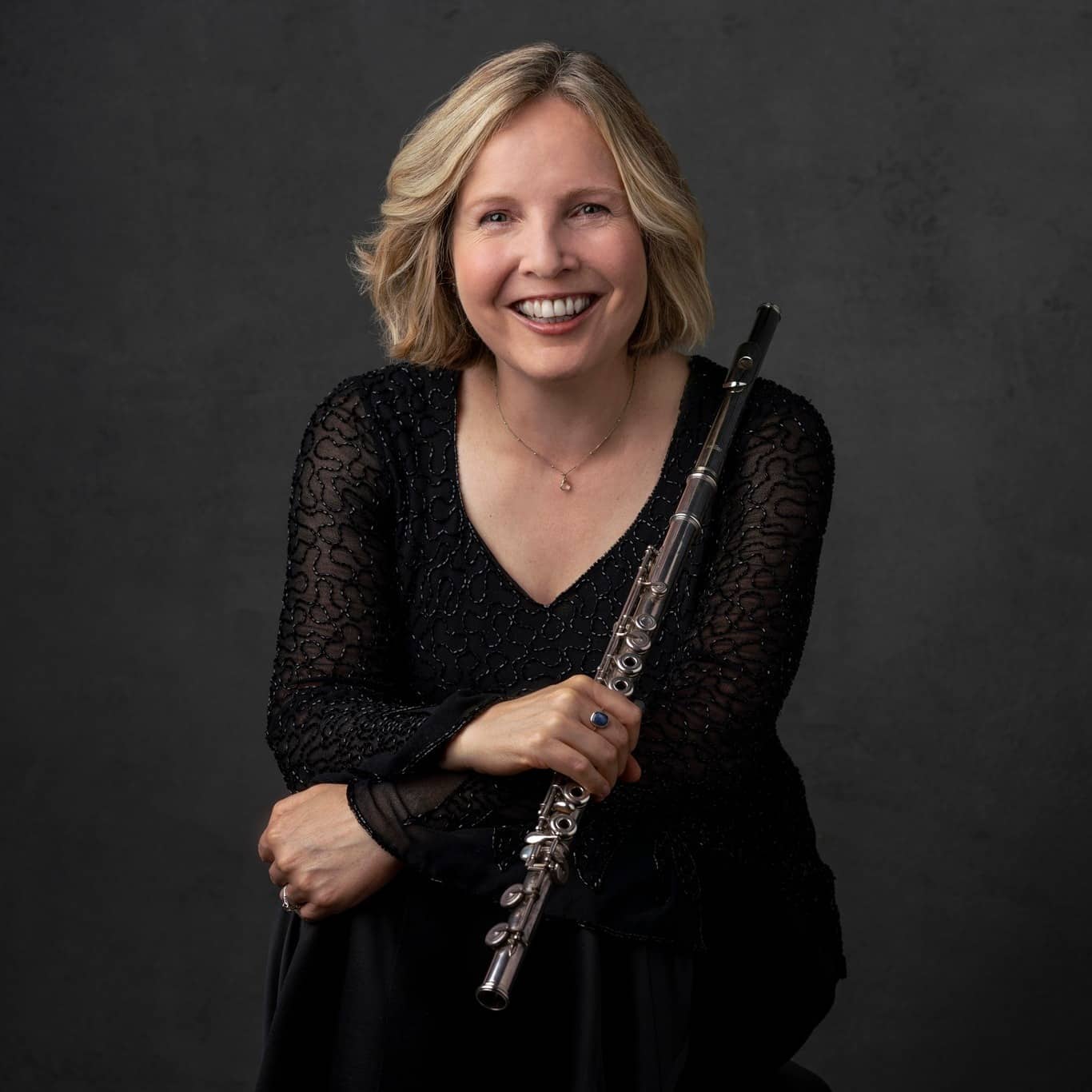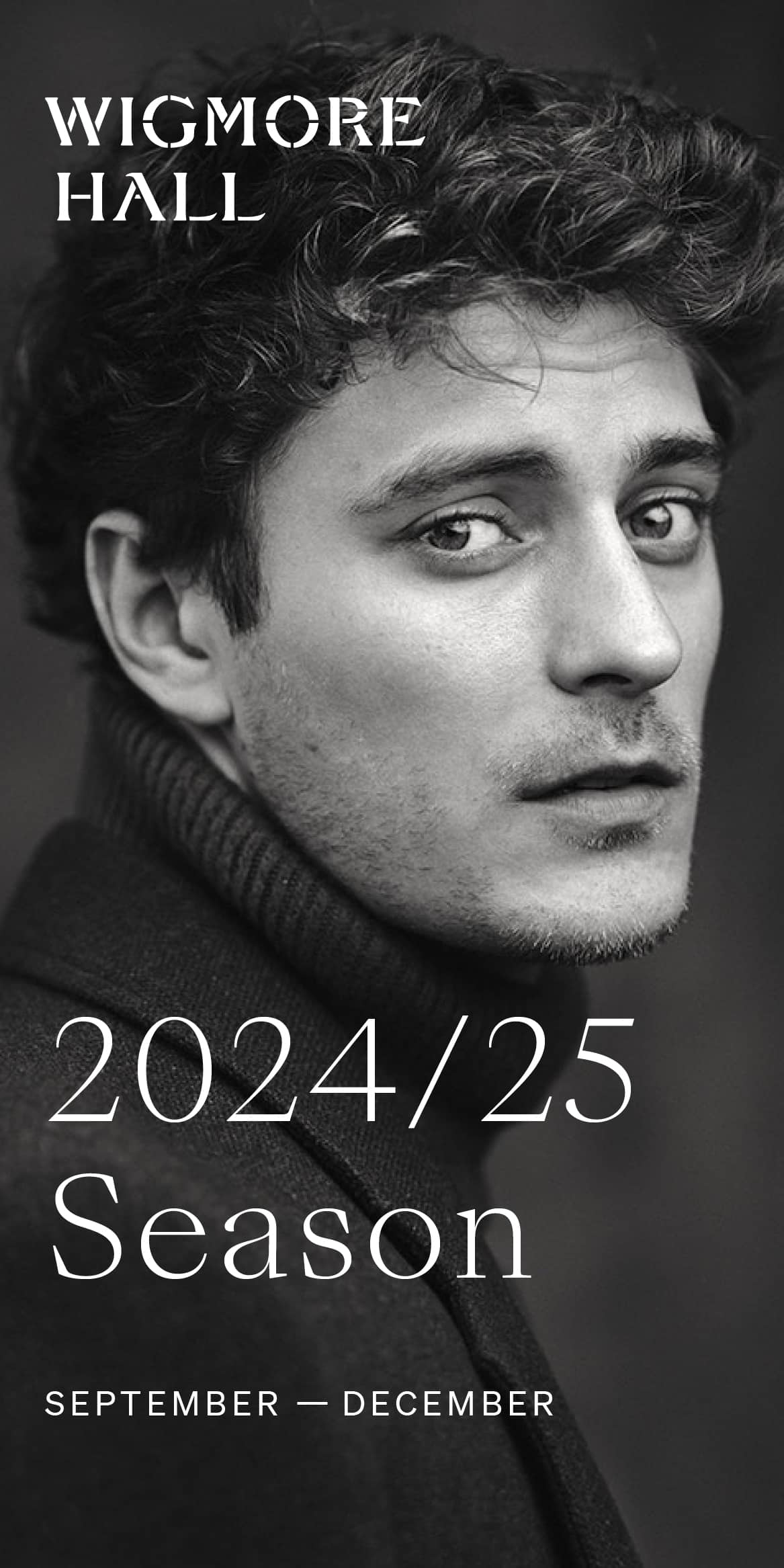NY Times names chief music critic
NewsIn what many will see as a foregone conclusion, the classical music editor Zachary Woolfe has been named chief critic in succession to the retired Anthony Tommasini.
The announcement is a classic of unqualified Times self-praise:
We are delighted to announce that Zachary Woolfe will be the next classical music critic for The New York Times, giving him a broader scope to share his authoritative, illuminating insights into old masterworks, new compositions, important developments in the field and noteworthy performances from around the city, the country and the world.
Zack’s ability to demystify classical music and to explore the many ways in which it enriches and intersects with our lives is well known to readers of The Times, where he has been writing reviews, features and essays for more than a decade.
“I started at The Times as a freelance critic in 2011,” Zack said. “The past seven years as classical music editor have been wonderful, but I’m thrilled and honored to return to focusing on my writing, to push myself and our coverage in new directions and try to meet the standard of a distinguished tradition of critics.”
Since becoming The Times’s classical music editor in 2015, Zack has introduced a number of popular, innovative features, including the beloved 5 Minutes That Will Make You Love… series and My Favorite Page, in which eminent artists discuss a favorite section of a score they are performing.
Zack often engages with the major issues confronting the field — editing and writing pieces about the continuing obstacles female conductors face; the lack of diversity in major orchestras and on podiums; the ways classical music should change in an era of racial reckoning; and the field’s complex, fraught relationship with Asian and Asian American musicians. When the Met fired James Levine after concluding that he had engaged in sexually abusive conduct, Zack wrote about the need to revisit the myth of the all-powerful maestro. And after Russia’s invasion of Ukraine prompted some institutions to cancel performances by Russian artists with ties to President Vladimir Putin, he wrote a thoughtful, historically informed essay about the limits of cultural exchange, but also warned of overreach: “Eliciting — coercing, some might say — affirmative statements hardly seems the right way to oppose authoritarianism.”
As a critic he has reviewed hundreds of performances — in New York; at the great European festivals of Salzburg, Bayreuth, Aix-en-Provence and Glyndebourne; and across the country, where he has closely followed the artistic paths taken by major American orchestras, especially in Los Angeles, Cleveland and Chicago. His interests are broad: He has filed dispatches from both the royal theater at Versailles and the Borgata in Atlantic City, where he observed the pop-opera teens Il Volo. He traveled the country to sample the Metropolitan Opera’s Live in HD movie theater broadcasts in Las Vegas, New Orleans and Wichita, Kan., and took a road trip through upstate New York to explore the strengths and challenges of its orchestras. He hosted a premiere at his apartment, and has written about Yanni, Kanye and the highest note ever sung at the Met. (It was an A over high C, for the record.)
Zack grew up on Long Island, where the tastes of his music-loving parents ran more to Bob Dylan, the Beatles and Joni Mitchell than to classical music. “So they were supportive but a bit confused when I hung a picture of the dramatic soprano Birgit Nilsson above my bed,” he recalled. He played the cello as his passion for opera grew, then studied literature at Princeton University and worked at the publishing house Farrar, Straus & Giroux before becoming The New York Observer’s opera critic in 2009.
Classical music has long been central to The Times’s culture coverage, and Zack inherits a storied tradition dating back to the 19th century, when The Times reviewed the first complete “Ring” cycle at the first Bayreuth Festival. We can’t wait to see how Zack writes the next chapters, and we think readers — including the passionate fans who follow classical music closely and general readers who are interested in learning more about it — will be in for a treat.
Zach himself says: ‘After seven years as The Times’s classical music editor, I’m so excited and honored to be able to return to focusing on my writing. Thank you to everyone at the paper, past and present, for the generosity, trust and support!’






Well at least he didn’t pretend to be a musicologist
But he has an “ability to demystify classical music”.
Tommasini was a trained musician and Woolfe is not. That’s a difference.
So? Being a trained musician didn’t make Tommasini’s writing good #boom
Beg to disagree. Mr. Tommasini’s writing was always outstanding. Knowledgeable & yes “good”.
That didn’t help Tommasini.
I believe he studied the cello as a youth. Assuming that means he read music and at least three clefs. He also majored in comp lit at Princeton. Those are his credentials AFAIK.
the lack of diversity in major orchestras
Not to mention the NYT’s music staff.
Oh, but they have a resident Hispanic/LatinXYZ.
So it’s all about political topics now. And the word “demystify,” that’s short for dumbing down, isn’t it?
“Demystifying” is: the removal of anything that may intimidate the listener who has no idea what he/she is going to hear but fears the most. Classical music should be presented as colloquial as a handkerchief, as normal as a kitchen tool, as common as a cell phone, to make it accessible and trivial for modern man, so that he/she will truly enjoy what it left over of the process.
But in fact, what really would happen, is to create reassuring expectations which are grossly contradicted: a Mahler symphony which doesn’t sound at all like heavy metal, or a Brahms symphony so shockingly different from the music from ‘Jaws’.
He’s “authoritative” and “illuminating.” Isn’t that for the readers to decide?
Female conductors, racial reckoning, Asians, diversity. All the woke buttons checked. What any of that has to do with reviewing what is or isn’t a good performance is beyond me.
Not a woman of color. So a major fail by the NYT.
Of course it’s self praise. Why shouldn’t it be? As if any other publication elevating one of their own would do it differently.
Imagine a venerable institution introducing their new head by weighing their pros and cons.
I wonder if he will ever learn that when you review ARIADNE you need to mention the Bacchus, and that when you review TOSCA you really ought to mention the Scarpia. Neither of which he did this season.
It is about time the NY Times music critics get a statue, somewhere at the heart of NY city. What would we be without critics, without such experts guarding our precious classical music culture? Nothing. In strong contrast to the musicians, they know everything, and because they don’t play any instrument or compose any music, they are entirely impartial and thus in the best position to make final artistic judgments. Differently from musicians, they know exactly how music ‘works’: they are the gynaecologists of the art form.
As a gynecologist I am taken aback by your snap comparison – gynecologists complete at least four years of specialty training following medical school in order to be eligible for board certification, a far cry from this newly anointed music critic’s credentials.
As a proctologist I take exception to your facile comparison of musical expertise to that specialty of the fairer sex.
For one, it is sexist. Proctology deals with all genders, everyone has an a…., not to mention that more than a few music critics are.
This seems to be the last stage of the NY Times long-term disengagement with Classical Music since the 1960s. Back then, they covered pretty much everything of interest to someone and worth covering, including chamber music, new music, old music, and debuts, with write-ups appearing the very next day. We are now at the point where they basically cover mostly Lincoln Center and celebrity events, and those topics that have a political side to them – and then only occasionally. Otherwise they are mainly devoted to pop culture.
The Times, of course, is not alone, and for good reason. Very few readers really care, and what they do print is mostly to keep up appearances. Once upon a time New York Newsday covered all the major musical events in the city but when they polled their readers about which sections of the paper they valued, and classical music came up last, they ditched it and let go of their critics.
I’m not sure that NYC’s two other dailies have covered classical music for the past several decades, although they both once did with creditable, if not the most insightful, journalists. But then again, one doesn’t go to newspapers for musical insights, just reporting.
DanP,
People care. Over 20000 people attend a standard Met production, over 10000 people attend a NY phil run of concerts, and a couple thousand people attend one-time Carnegie performances.
How much time and respect does the NY times give to the aforementioned 32 thousand attendees?
As for attendees – all I can say is that for the last times I’ve been to the Met (pre-Covid) there were plenty of empty seats, which never used to be the case. But be that as it may. Maybe 20,000 people go to the Met, but the city’s newspapers have a customer base in the city alone of 8.5 million, not to mention those in the suburbs – and the rest of the country. Perhaps “no one” is hyperbole, but even if all the attendees read reviews (which I doubt, given the level of writing in reviews in general), this is the smallest of drops in the bucket. We may disagree about this – and it’s a worthwhile discussion – but if the three city dailies had any information about what their readers are interested in (and I’m sure they do a lot of research) and that research should tell them that classical music was a selling point, they would publish a lot more about classical music – both reviews and features. At least in my experience of 50 years in the city and knowing a very large number of music lovers and professional musicians over that time period – I don’t really know any that read the reviews in the Times anymore on a regular basis. The information I got about Newsday some years ago was from Newsday itself not long before they let their music critic go.
Yes, but the times publishes countless articles that may interest only an extremely small number of the thousands and thousands of people who attend performances in NYC each week.
And they often heavily criticize organizations that cater to these thousands and thousands of music lovers.
That was my point.
Bill Zakariasen at the Daily News, for one. In the olden days, the Times was not the major arts paper, the Herald was.
I’ve been following Zach closely in anticipation of this, and he seems top-notch IMHO. As for the self-praise, gimme a break — what staff appointment anywhere is not similarly announced?
Well, when my appointment was announced here, it was in the most derogatory terms possible, to not burden my presence with unrealistic expectations. I’m still bitter over it!
Sally
Top notch? Don’t make me laugh. He reviewed Tosca and didn’t mention Scarpia. Not fit for purpose.
The NYT arts section is a disgrace, a shell of its former self. Glad I ditched that rag.
Zachary Woolfe is many things, but he’s still not a woman of color.
I say this ironically because Tommasini famously wrote that orchestras can easily hire more BIPOC musicians because classical musicians are basically interchangeable in their skill sets, so given a choice between two musicians both “good enough” to execute the task, might as well hire the BIPOC for the sake of diversity.
I am saying that the NYT just proved that it is not that simplistic: Just as the NYT could not find a BIPOC female (cis-gender or trans) chief classical music critic as good as Woolfe, so it is that orchestras and opera houses can’t simply hire BIPOC musicians/conductors/composers because they are “good enough”.
I bittterly resent merely being a very good composer.
and a very funny man
Excellent choice!
I think he writes very well and thinks freshly and lucidly, without prejudice. A good appointment
Prejudice is a precious flower, touch it and the bloom is gone.
He must be “serious”!!
Come for the Beethoven, stay for the scolding!
The dumbing down of classical music in the NYT continues. 5 minutes of this and 5 minutes of that …
Those audience members who care about reviews are superficial and ignorant. Music is an extremely personal experience and reading the opinions of someone else is pointless. What matters is this: https://www.youtube.com/watch?v=e2MrGh6aGxk
5 Minutes That Will Make You Love Slippedisc:
Terrible appointment.
May Zachary Woolfe forever rue the day he decided to snipe at an admired European orchestral wind soloist in his review of a long- awaited NYC recital. It was the first time in years this artist had presented a solo recital in the US & thanks to Mr. Woolfe, it was the last for years to come.
Mr. Woolfe was fairly new at the NYTimes at the time. He clearly knew nothing about the instrument or repertoire or the importance of this artist. He compensated for his ignorance by making catty digs about the man’s appearance, criticizing his onstage mannerisms and questioning choice of repertoire, something which revealed Woolfe’s true naivete. The review was ignorant and juvenile. He wrote like a 10 year old school yard bully.
The effects of Mr. Woolfe’s review were devastating and had long term consequences. The artist he reviewed was scheduled to give a much anticipated master class in the days following the concert. It was one of the very few he’d ever given in the US. It was attended and followed by professionals and students across the country.
The negative review from Mr. Woolfe apparently concerned the artist. He’d come to the US in good will, gone outside the box of his usual role as a busy orchestral soloist to present this unique and well performed solo recital. And then he had generously offered to give a master class to promising young professionals. Zachary Woolfe, in his great wisdom, decided to take jabs at the man’s appearance & onstage mannerisms in his review of his recital.
The shadow of Mr. Woolfe’s review hung heavily over the master class and the artist’s demeanor during the remainder of his visit. It is etched forever in the memories of every student attending that class (it was quite a crowd) and their teachers following across the US. Others followed the concert, Mr. Woolfe’s insulting review and the class from around the world.
I was one of those observing these events. I read Mr. Woolfe’s reviews carefully after that. His writing in this particular review had disrupted an entire demographic of the classical music community. I wanted to see if he was worthy of having made that call. My conclusion? No. He definitely was not. He was a cheeky young reviewer who had no idea who he was reviewing or even anything about the instrument or repertoire. He tried to disguise that by attacking non musical aspects of the performance.
He seems to like opera a lot. Great. That doesn’t make him qualified to sit in judgement in every other area of classical music, particularly when it goes against the opinions of career professionals in those areas.
Zachary Woolfe will remain forever in infamy with me and the large international community of instrumentalists of which I am a member for that ignorant and devastating attack on one of our own. Thanks to Mr. Woolfe, the artist didn’t return to the US again for years. These are the consequences, be they intended or not, when you hold the title of Music Critic of the NY Times. Zachary Woolfe most definitely does not deserve that title.
Who was the artist you are referring to?
Perhaps this?
“Mr. Pahud’s playing seemed small-scale and inexpressive, some of his ornamentation fudged and his phrasing strangely artificial, as if the music were in quotation marks. During slow movements he cast his eyes disconsolately down, like Young Werther, and elsewhere he watched the players with proprietary amusement. The effect was in a way appropriate — it resembled a king overseeing his subjects — but it was irritating nevertheless.”
https://www.nytimes.com/2012/10/24/arts/music/bernard-labadie-and-les-violons-du-roy-at-zankel-hall.html
@Anon, oh don’t be so damn thin skinned. Have you read some of the brutal reviews of the mannerisms of Simon Rattle, Lang Lang, Leonard Bernstein, Pavarotti, etc.? Pahud is playing in the big leagues, he’s being treated like the big boys. C’mon, I’m sure Pahud is laughing all the way to the bank (plus, have you seen some of Pahud’s music videos, in which he is dressed up in costume as King Frederick II?)
Pahud is a flute superstar and I don’t think that his wellbeing depends on a single review, be it from the NYT.
He doesn’t understand singing at all. He expects singers to deliver a product to his satisfaction. Lunatic. I think if enough people, say, 100,000 readers complained about him, something might be done. But the other writers know even less than he does.
I still struggle to understand why critics of something as subjective as a musical performance carry any weight whatsoever. Musical impact to an individual is immeasurable and non-quantifiable. Who really gives a rat’s ass what a critic has to say about a performance? I remember completely dismissing Tommasini when he was in Boston, as I did Richard Dyer. I attended many concerts by the BSO and visiting orchestras that struck me deeply that were given scathing to tepid reviews by these gentlemen. I heard the Concertgebouw Orchestra give a Mahler 5 in Symphony Hall that was amazing in shape and scope, yet the critic on duty that night spent more time talking about two fracks from the brass section. Critics often sacrifice the forest for a twig. Moreover, it was a one night engagement, so a review the following day carries no weight whatsoever to anyone other than the orchestra’s PR department.
The need for the parasitic existence of music critics is what confounds me, so maybe Mr. Woolfe can demystify this for me. I’ll draw my own conclusions about the performances.
For such universal, and I have to say sadly predictable, dislike of The New York Times, you all certainly spend a lot of time reading the paper.
Shallow, virtue-signaling, pretentious blowhard. Fits in perfectly with the decline of the New York Times as a whole.
Woolfe is a good choice, probably the best available in current circumstances. Of course it’s ludicrous that the NYT introduced him the way it did – the headline could have been “Times Appoints 25th Consecutive White Male Chief Music Critic; Will Focus on Lack of Diversity.” Maybe that will lead Woolfe to confront, at some point, the emptiness (or at best misdirection) of the critiques he has been uncritically parroting.
What, not Hugh Kerr MEP? Unfathomable.
Critics are critics and not performers. Mr. Lebrecht is expectedly snarky about this as usual. Having a widely read blog also don not make one an expert as is regularly proven on this site.
ZW is at least less pretentious than AT.
I emphatically disagree. Zachary Woolfe is probably the most pretentious music critic out there. He’s a dilettante trying to pass himself off as an expert. It doesn’t get any more pretentious than that.